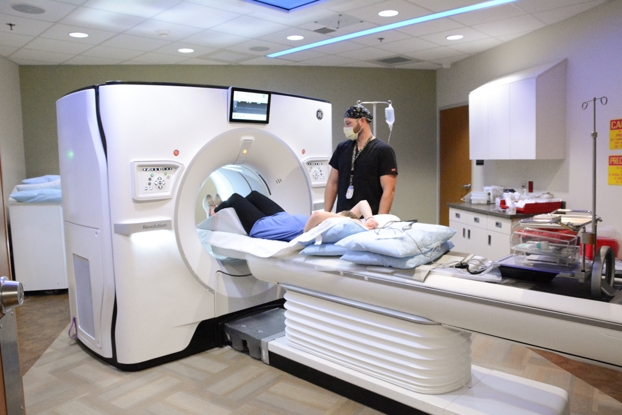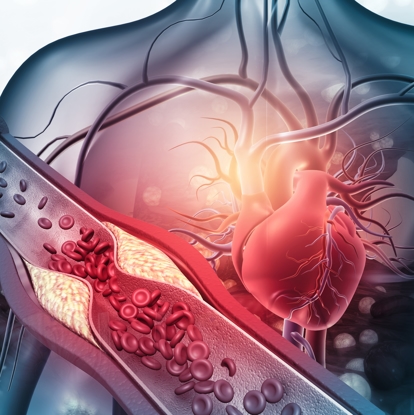
Heart Attack Symptoms
What are the symptoms of heart attack?
The major symptoms of a heart attack are
- Chest pain or discomfort. Most heart attacks involve discomfort in the center or left side of the chest that lasts for more than a few minutes or that goes away and comes back. The discomfort can feel like uncomfortable pressure, squeezing, fullness, or pain.
- Feeling weak, light-headed, or faint. You may also break out into a cold sweat.
- Pain or discomfort in the jaw, neck, or back.
- Pain or discomfort in one or both arms or shoulders.
- Shortness of breath. This often comes along with chest discomfort, but shortness of breath also can happen before chest discomfort.
Other symptoms of a heart attack could include unusual or unexplained tiredness and nausea or vomiting. Women are more likely to have these other symptoms. Learn more about women and heart disease.
Call 9-1-1 if you notice symptoms of a heart attack.
If you notice the symptoms of a heart attack in yourself or someone else, call 9-1-1 immediately. The sooner you get to an emergency room, the sooner you can get treatment to reduce the amount of damage to the heart muscle. At the hospital, health care professionals can run tests to find out if a heart attack is happening and decide the best treatment.
In some cases, a heart attack requires cardiopulmonary resuscitation (CPR) or an electrical shock (defibrillation) to the heart to get the heart pumping again. Bystanders trained to use CPR or a defibrillator may be able to help until emergency medical personnel arrive.
Remember, the chances of surviving a heart attack are better the sooner emergency treatment begins.
Knowing your risk factors and modifying any lifestyle behaviors that might put you at greater risk can help minimize the occurrence of a heart attack. Learn more here.
-
Jonathan P.. Urbanczyk, DO
CardiologyView Profile
-
Megan D.. Stephenson, FNP
CardiologyView Profile
-
Whitney K.. Hubbard, NP
CardiologyView Profile
-
Mohammed Najeeb Osman, MD
CardiologyView Profile
-
Christy M.. Bain, FNP
CardiologyView Profile
-
Kristan E.. Swiney, NP
CardiologyView Profile
-
Babu R.. Jasti, MD
CardiologyView Profile
-
Joseph A.. Stafford, MD
CardiologyView Profile
-
Evan L.. Hardegree, MD
CardiologyView Profile
-
Farley B.. Neasman, MD
CardiologyView Profile















.jpg)




